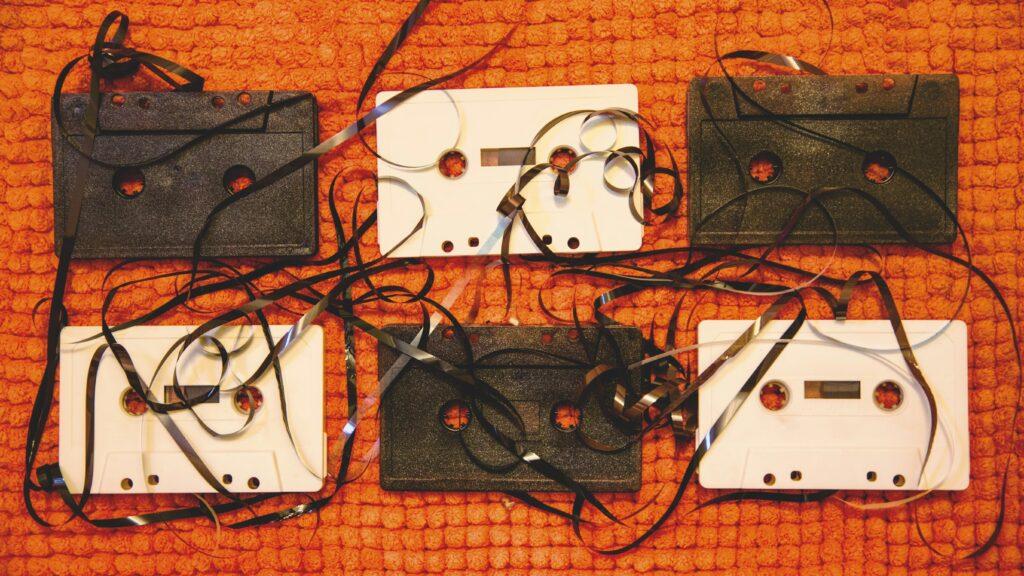
Photo by Acton Crawford on Unsplash
Last weekend I volunteered to help make food at an event. It was a pretty basic task. I had to restock the drinks bottles on the shelf, refill the snack bowls and make some pizzas in the oven.
I was surprised to find it was the most relaxed I’ve felt when making food in about a year. The basic task of cutting up pizza slices was bringing me more joy than similar tasks usually do.
The big difference was that I was taking my time. Since I was at the event for a few hours, there was no need to rush. I could work at a steady, enjoyable pace.
Normally when cooking, I try and optimise my timings. I start heating up the pan before cutting up all the vegetables because I can chop the garlic quickly and throw it in. After that I then quickly cut up some other veggies on the fly to throw in, whilst keeping an eye on the pan. Whilst it’s nice to be able to juggle difficult tasks, without realising it I have been doing this to the point that I’m putting myself under a needless time pressure.
Even today, I came home after doing some grocery shopping. Certain items go to the bathroom, which is upstairs next to my bedroom. I instinctively split out everything that needs to go upstairs so that I can take everything up in one trip. Whilst on paper this sounds efficient, in practice there’s usually too many items and I usually always forget something, so I’ll have to take the trip again anyway. I’ve been caught in a game of mental arithmetic to try and avoid multiple trips upstairs, even though there is absolutely no need to rush.
These may sound like mundane examples, but it’s a bit scary to notice how often I overplan things for the benefit of ‘saving time’. The irony is that by the time I’m done with all my time-saving hacks, I’m tired and end up crashing on the sofa for longer. Because of this, basic tasks like washing and cleaning feel more complicated because of the amount of additional steps I create for myself when doing them.
The worst bit is that this amount of planning takes the joy away from doing simple tasks. Rather than simply washing the dishes when I see them, I multi-task that with when I’m waiting for food to be cooked. I’m inadvertently training my brain to always have several things on the go. This takes away from the satisfaction of cleaning my kitchen, because I’m not taking the time to do the job properly.
Ironically, a lot of what I do within my workplace is to break down tasks into as simple tasks as possible. I want to avoid making tasks feel complicated, as I can see how much of a disempowering effect that can have. I think it’s what has driven a lot of my professional success.
Yet in my personal life, I am making my tasks far more complicated than they need to be. I’ve noticed that this makes me less likely to follow good habits, and I find it harder to relax afterwards. I’ve noticed recently that I end up doing things like watching something on TV whilst also scrolling on my phone at the same time, because a single source of stimulation is not enough.
This over-efficiency habit is not conducive for calmness and deeper presence. Whilst there are moments where it can be useful, such as reacting to a short term deadline, it’s not the best way to live in the longer term.
Another way of looking at it is living more in the moment. Living in the moment means choosing whether we react to the things that are in front of us. It means we are far more likely to do our laundry by getting straight into action – rather than getting stuck in the thought that the laundry needs to be done and put it off for later.
I invite you to look at your life. See where you might be making your life more complicated than it needs to be. Simplifying actions may actually be the real time-hack.